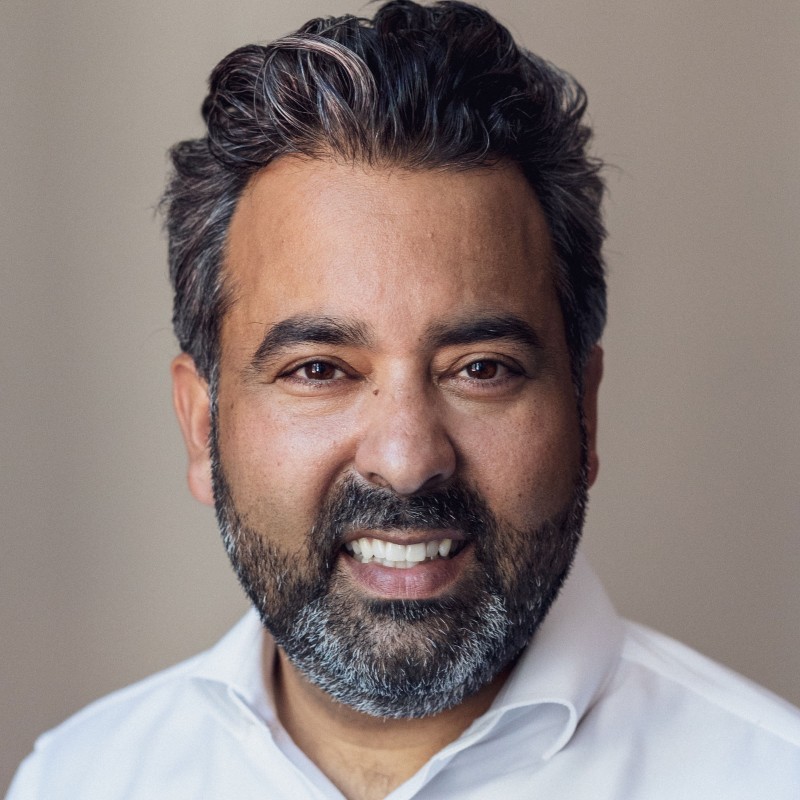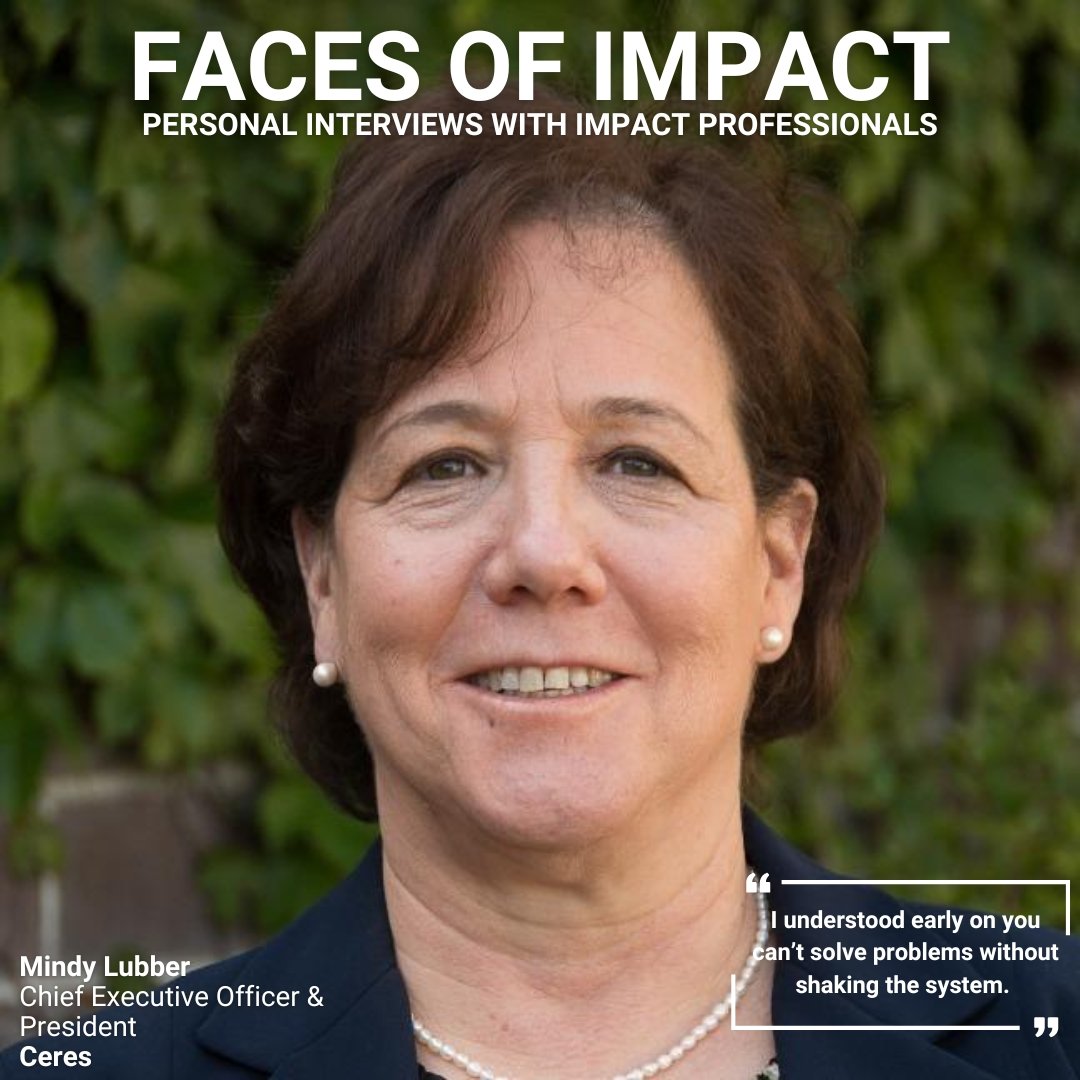
What are some trends for faith-based investing?
First of all, let's define who faith-based investors are: local church congregations, dioceses or equivalent regional church organisations, national religious pension and savings funds, monastic or religious congregations, as well as faith-motivated individuals and/or family offices.
Second, it is important to say that there is very little coordination in the investment policies of these various organisations, but I pray that this is changing. I note and salute the Pontifical Academy for Social Sciences at the Vatican, for releasing their first attempt at doing so in the modern sense, via Pope Francis’ new publication Mensuram Bonam.
Third, these faith-based organizations (FBOs) are wealthier than they have ever been in the past. Despite radically declining operating figures in the Western world (attendance, donations, etc) the bank accounts themselves are doing as well as any other institutional investor. In other words, the pews may be empty, but the bank accounts are full - taken overall per faith (i.e. all Christian, all Jewish, all Muslim etc).
Fourth, religious organizations tend to compartmentalize their wealth, for a variety of historical conflict and liability reasons, as well as the scourge of management by small voluntary boards. Often we see there is one visionary leader per board, surrounded by a group of those dragging their feet for change. This is a particular challenge for the move to impact-first investing, which is by no means a widespread occurrence amongst faith-based investors.
It should be noted that FBOs in the Global South have a totally opposite trend: far higher attendance and radically increasing wealth - check out Chris Wadibia’s research on Nigerian Pentecostals, as one example. I would also recommend a very excellent study at the Saïd Business School at Oxford University, which has a far wider and multifaith view, including some very impressive trends in the area of Islamic finance.
A final trend in faith-based investing is in understanding that many of the largest family offices in the West come from families which once had a very strong affiliation to religious communities, yet that affiliation may now have waned or been diluted. This is an opportunity for FBOs themselves, to ask questions about what may be relevant for those families. That is a major question!
Why is this relevant to institutional investors?
In general, institutional investors avoid FBOs or religious activities, wherever possible. This is partly due to their connection with governmental and other public institutions. Of course, there are many FBOs which themselves are at the scale of large institutional investors - one might look at the suite of operators around the Roman Catholic Church or the Vatican as a good example of this kind of scale. The Church of England is another.
Institutional Investors should be most interested in faith-based investing, for a few reasons: First, is the vast holdings of land. Faith-based investors themselves struggle to connect their long-term investments with their property investments. In some cases, there are very extreme separations between the two. Institutional investors may be able to help see these two come together using their great experience in assembling property portfolios.
Another reason that institutional investors should be interested in faith-based investing is because of the huge hole in the “S” of social impact. As every institutional investor knows, finding the “true S”, which is also in a way compliant with their other regulations in driving profits, presents a huge problem. Could it be that faith-based investors can provide some of the major answers to the “missing S question mark”.
What has been the highlight of your career?
It’s happening right now! In taking my experience in local churches, regional churches and the growing field of impact investing has led to the creation and impetus for a new land banking and social purpose.
This is something we're developing at the moment. And it has been so inspiring to meet wise, humble, and experienced leaders from so many different sectors who have come together around our project to try to find solutions.
As I look at the broader hopes and dreams of impact investing, my faith in the world has never been higher.
How does your faith align with your investing strategy?
My faith has become wider, as I have grown older. I am convinced that whoever or whatever created us all, cares for every human and every natural thing, not just those who sing the correct songs.
The Creator also has a clear intention for those of us who steward wealth!
For my personal beliefs and as a committed Christian and actively serving Anglican Church priest, I acknowledge that FBOs have made a number of serious errors, especially with regard to wealth.
Churches in particular may have believed that if we control enough property, people will believe us about God. I no longer believe this. Rather, I believe that, in profitably, by sharing our wealth with local communities true impact is created for equity-seeking groups and those who have been excluded from religious narratives, for one reason or another. These acts of justice can be healing for FBOs.
Our investing strategy at Trinity Centres Foundation (TCF) is simple: we engage religious lands and attempt to redevelop or reposition them, through a community justice lens. This may look like a new land banking system or a kind of joint venture between religious organizations, foundations and the government.
This calls for pan-Abrahamic concepts like Jubilee, or, the historic 50-year release of land trading back to the original tribal allocations. Or, finding a reasonable cost of capital - the opposite of usury or extortionate rates of borrowing or investment.
We need to find new ways of costing social finance - measuring the true cost of our hardest problems in homelessness, isolation, food security and more. Faith-based lenses are a wonderful way of getting to new costing models - frankly, the investment models are already in our Scriptures.
As both a faith leader and London School of Economics graduate, I have never been more excited to see the way in which faith-based investing could make a difference in the world. But it will be different than it has become - it will be about giving away power, rather than amassing it.

1 min read
Mindy Lubber, CEO & President, Ceres
HOW DID YOU GET INTO THE SUSTAINABILITY FIELD & WHAT HAS BEEN THE HIGHLIGHT OF YOUR CAREER? Seeds for my sustainability career were planted in...
-3.jpg)
1 min read
Ross Piper | CEO, Christian Super
HOW DID YOU GET INTO IMPACT INVESTING? Throughout my career, I have worked across a range of organisations in both the development and commercial...